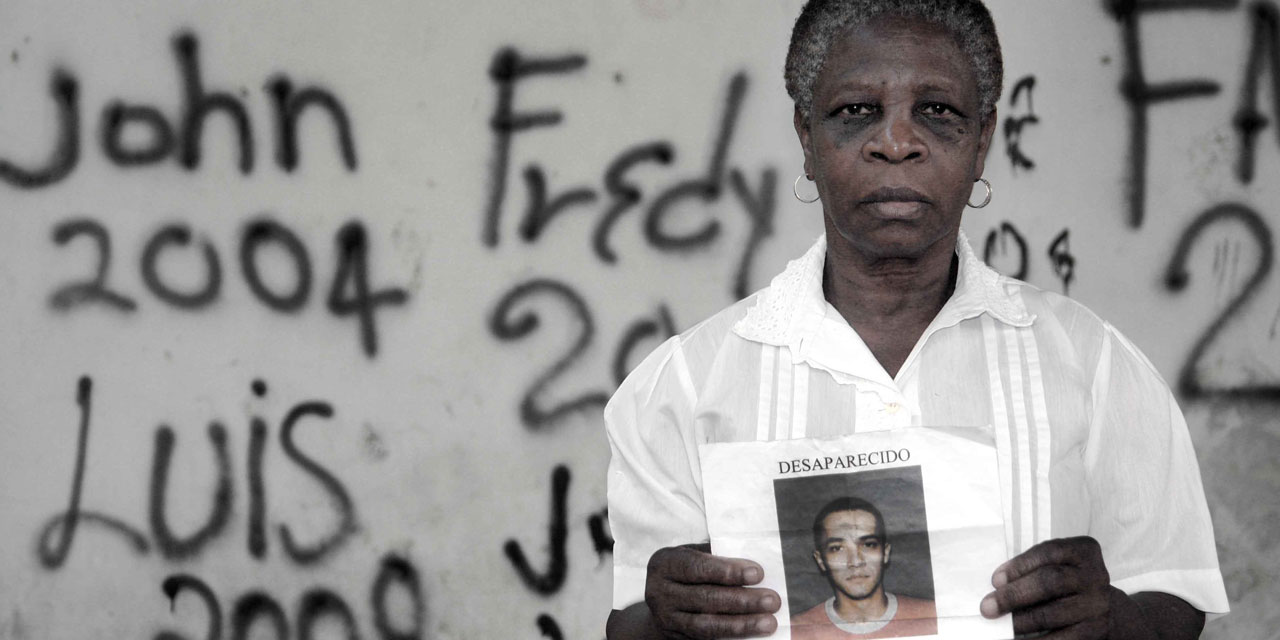The Red Cross (ICRC) asked Colombia’s government on Wednesday to prioritize the search for 80,000 people who were forcibly disappeared during the country’s armed conflict.
In a press statement ICRC Colombia director Christoph Harnisch urged the government to comply with promises made to victims in a 2016 peace agreement with Marxist FARC guerrillas.
According to Harnisch, ‘more must be done in the search for missing persons.” The ICRC chief urged “more speed and more efficiency” to find the tens of thousands who went missing.
Who cares that more than 80,000 families in Colombia are searching for their missing loved ones?
Society as a whole, and especially the new government, must make an effort to prioritize the search for missing persons and make sure that every effort is made to ensure that family members have answers.
ICRC Colombia director Christoph Harnisch
Harnisch bashed delays in the creation of the unit that is in charge of investigating the disappearances and, if possible, return remains from found missing person to their families.
The government’s chronic delays to effectively search for victims “add even more pain to the families and cannot be justified almost two years after signing the peace agreement,” according to the ICRC chief.
According to the Harnisch, the missing persons search unit is still not in operation, despite desperate calls from its director.
Search for Colombia’s missing persons still on hold, says desperate investigation chief
Not just administrative procedures, but also political will is lacking. What families need are answers and, so far, they don’t have them.
ICRC Colombia director Christoph Harnisch
The Red Cross’ missing persons chief, Chahrazed Anane, additionally urged for measures to curb the ongoing forcible disappearance of Colombians, and to improve care for families of people who have recently gone missing and are feared dead.
“The authorities must implement more effective measures to prevent further disappearances and to ensure a dignified treatment and care for families dealing with a search process,” said Anane.
In a country where, according to SIRDEC figures, almost 150,000 people have been reported missing, it is urgent that society as a whole reflect on the most effective way to support the thousands of families who suffer the uncertainty of not knowing where their loved ones are or what happened to them.


